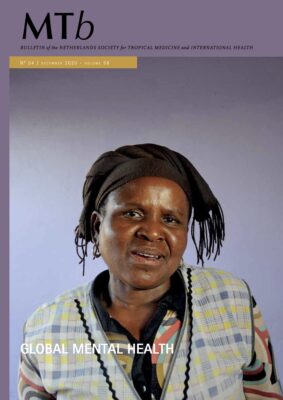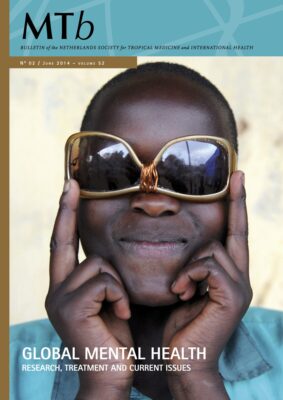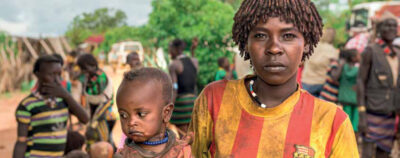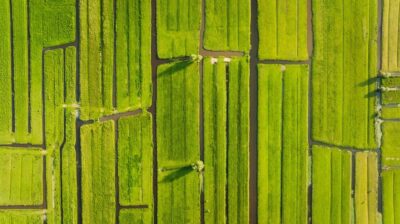
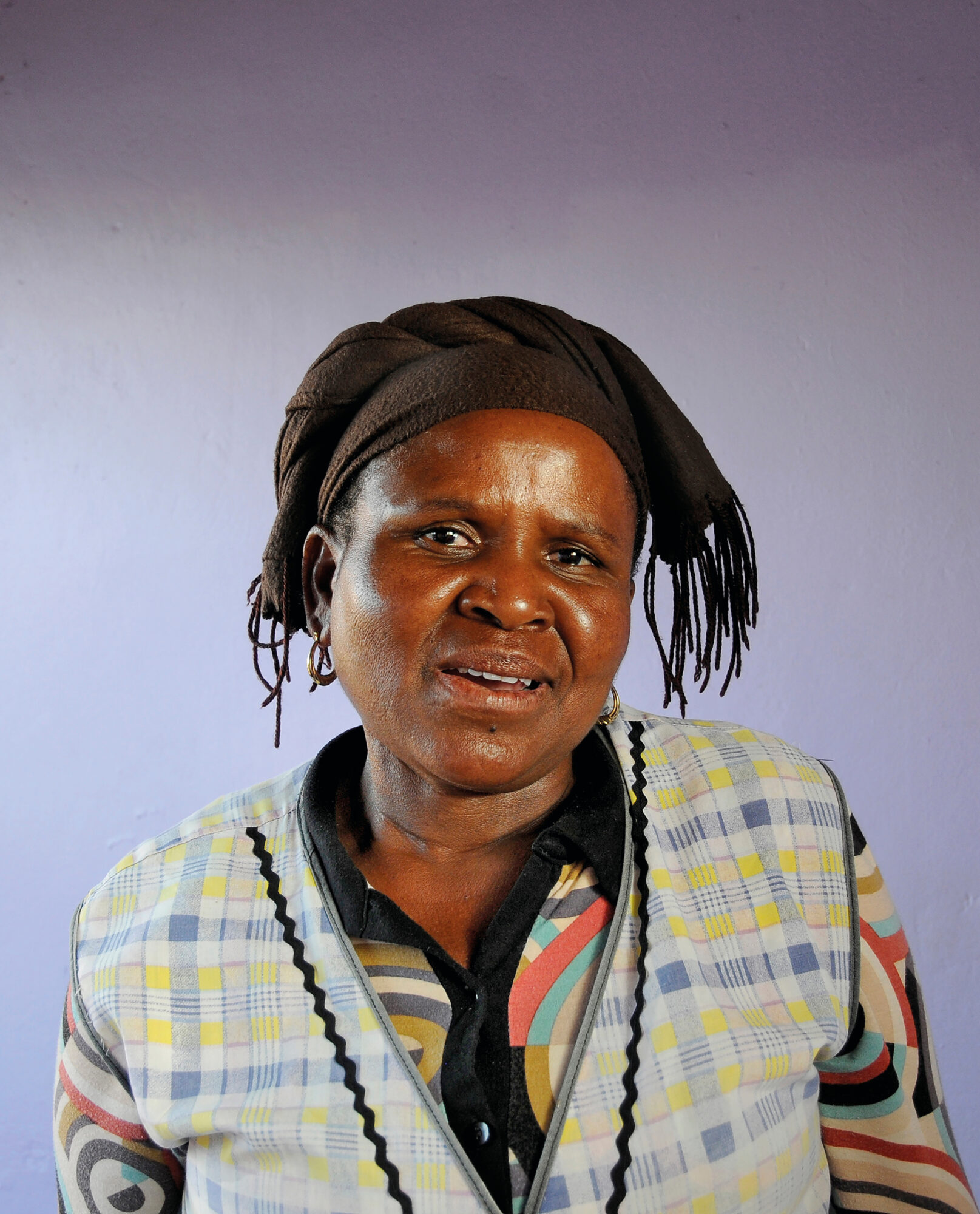
There is no health without mental health
United Nations SecretaryGeneral António Guterres rightly reiterated this simple but powerful message in May 2020, when Covid-19 had been with us for only a few months. Mental health and psychosocial support (MHPSS) are vital for our individual and collective well-being, particularly in these disturbing Covid-19 times. Indeed, MHPSS is a powerful tool to unlock our human resilience and strengthen human capital. This is even more crucial for the most vulnerable people hit by conflict or disaster. The Netherlands therefore strongly advocates recognising the importance...
There is no health without mental health
United Nations SecretaryGeneral António Guterres rightly reiterated this simple but powerful message in May 2020, when Covid-19 had been with us for only a few months. Mental health and psychosocial support (MHPSS) are vital for our individual and collective well-being, particularly in these disturbing Covid-19 times. Indeed, MHPSS is a powerful tool to unlock our human resilience and strengthen human capital. This is even more crucial for the most vulnerable people hit by conflict or disaster. The Netherlands therefore strongly advocates recognising the importance of MHPSS for people and communities affected by crisis. We work hard to promote integration of MHPSS into all crisis response from the very beginning. We encourage integrating basic psychosocial skills into the training of every humanitarian worker. Finally, we stress the importance of attending to the psychosocial well-being of humanitarian staff, first responders and volunteers themselves. These principles are high on the agenda of the MHPSS Reference Group[1], which is part of the Inter-Agency Standing Committee, the longest-standing and highest-level humanitarian coordination forum of the UN. They are also reflected in the December 2019 resolution[2] on MHPSS of the International Red Cross and Red Crescent Movement, which endeavours to provide staff and volunteers with the necessary skills to recognise and respond to psychosocial needs. Staff and volunteers are often rooted in the communities they serve, giving them unique access to these communities as well as knowledge of local context and dynamics. Not only is MHPSS crucial at the individual level, it is also needed and effective at the community level. It helps individuals, families, and communities to release their potential to recover, maintain or regain their resilience and perspective, rebuild social cohesion, resume livelihoods, and foster reconciliation. MHPSS is at the top of the Netherlands’ international development agenda. We are fully committed to an MHPSSinclusive approach in humanitarian as well as conflict-prevention and peacebuilding efforts. We promote and ensure this through international political and diplomatic efforts, through policy dialogue with our partners, and by supporting a number of initiatives to facilitate MHPSS-inclusive responses in humanitarian and peacebuilding work on the ground. We therefore very much welcome this special edition of MTb dedicated to global MHPSS, and are grateful to its guest editors Rembrant Aarts and Hans Rode for bringing together such a varied pool of authors with varied expertise in the field, both academically and on the ground. This issue of MTb is an excellent gateway to disseminate a rich body of knowledge and expertise that is needed so urgently. After all, MHPSS helps to keep our minds and societies at peace.
Paul Bekkers, Special Envoy Mental health and psychosocial support Ministry of Foreign Affairs, the Netherlands
















































